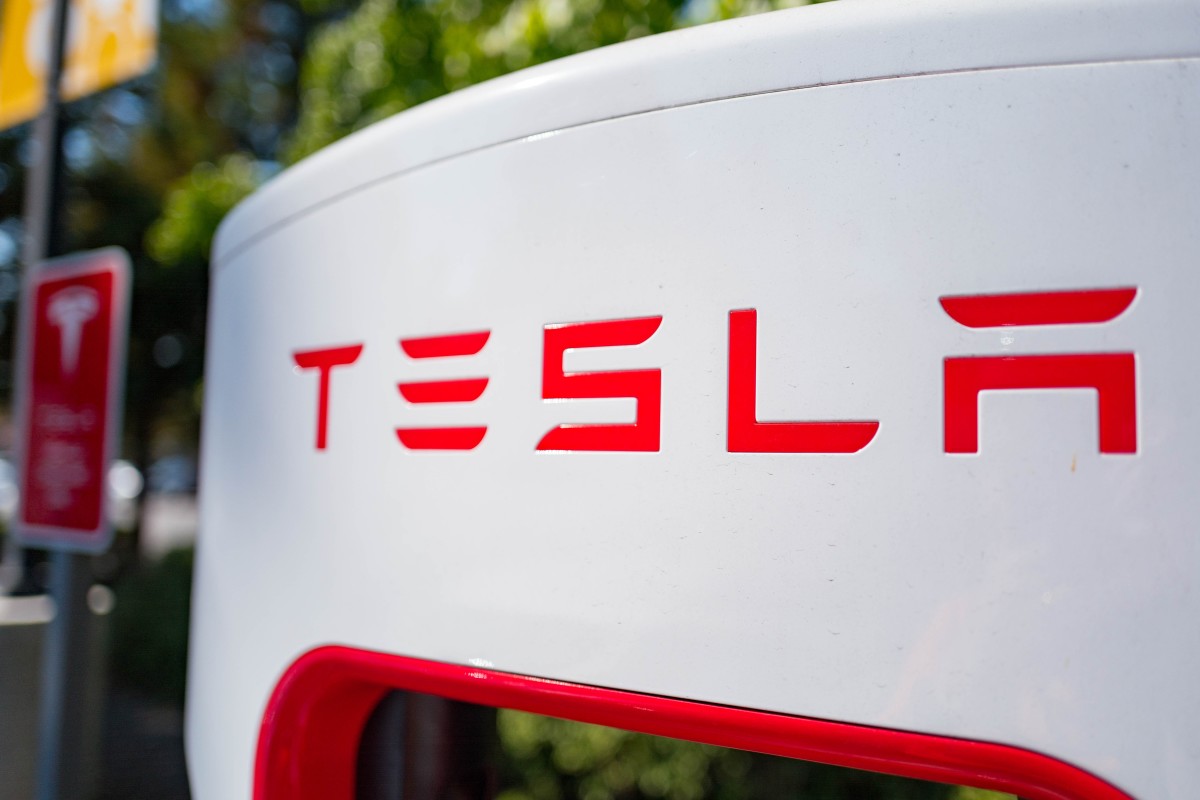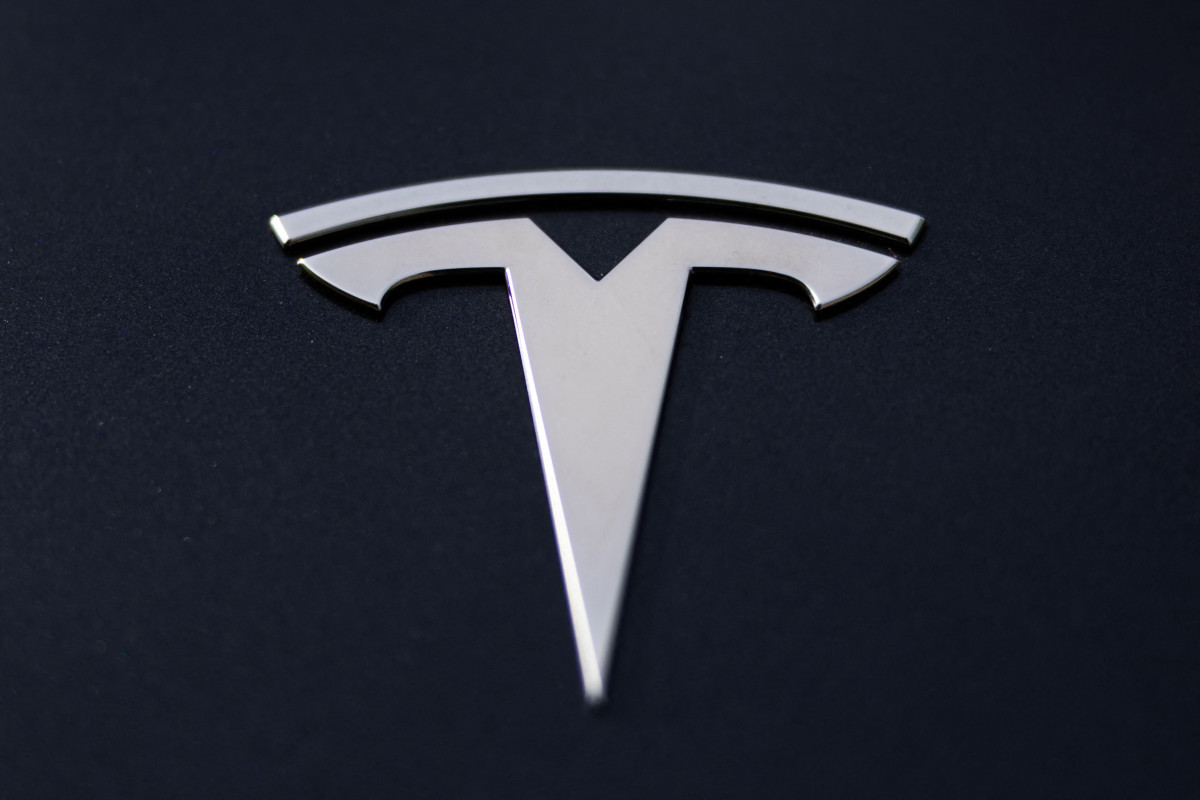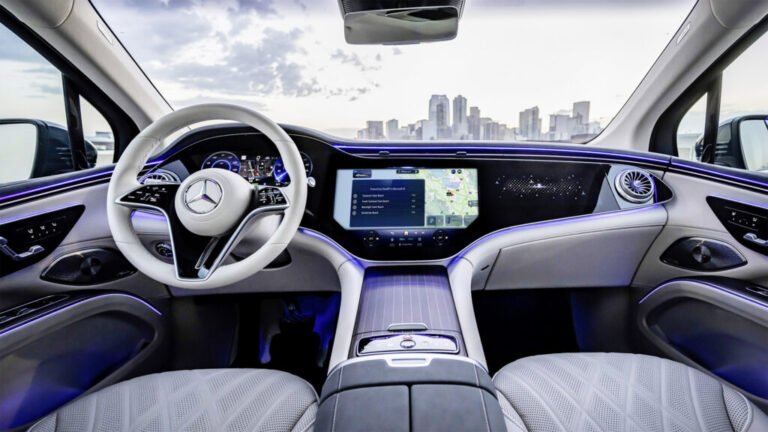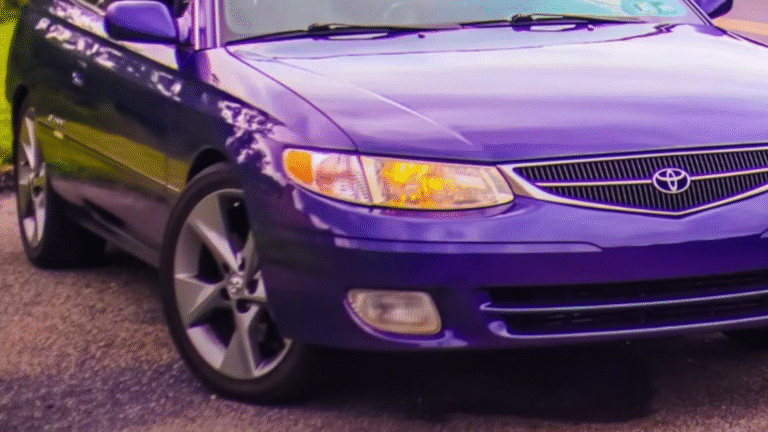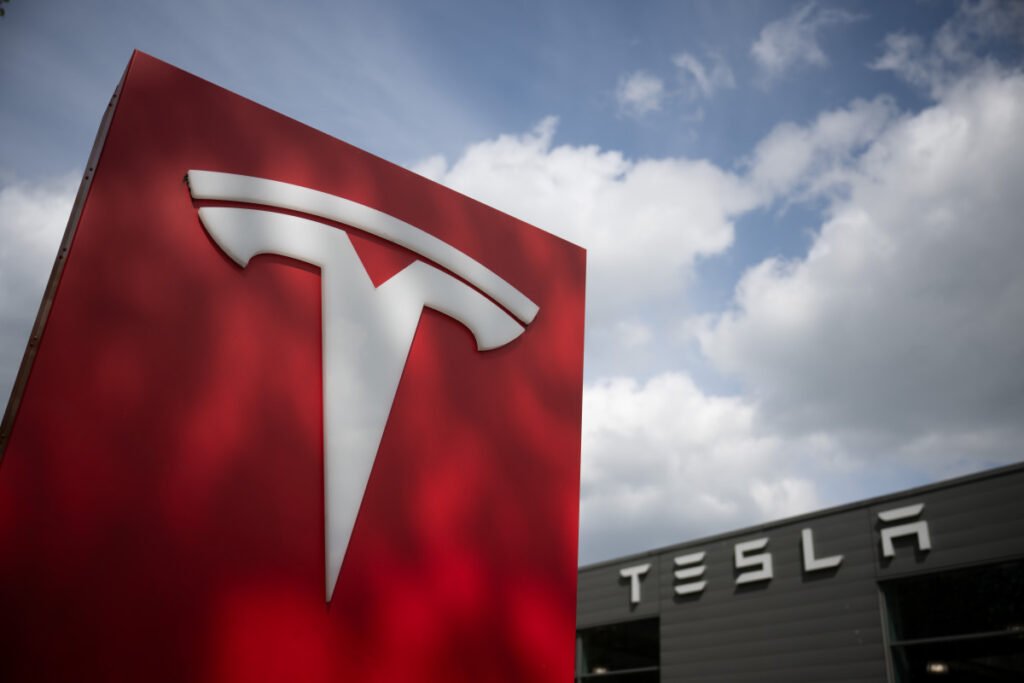
Tesla thought a $60 million settlement was too high…now they’re paying $243 million
Tesla has lost $183 million more than it would’ve if it had accepted the initial $60 million settlement offer for a 2019 fatal crash involving one of the manufacturer’s Autopilot-engaged Model S vehicles. After Tesla declined the settlement proposal, offered on May 30, a jury awarded the estate of Naibel Benavides Leon, who was killed, and her seriously-injured boyfriend, Dillin Angulo, a combined $129 million in compensatory damages, along with $200 million in punitive damages. Tesla was held liable for $42.6 million of the compensatory damages and all of the punitive damages.
The rejected settlement proposal’s amount was disclosed in a plaintiff attorney filing this week in a Miami, Florida, federal court, where lawyers requested that Tesla pay the plaintiffs’ legal fees since May 30, according to Reuters. After declining the May 30 settlement offer, Tesla had countered with a lower settlement amount, which included a non-disclosure agreement, Electrek reports.
Tesla lawyers have responded to the court’s verdict
On Friday, Tesla’s lawyers filed a motion to toss the verdict or, alternatively, receive a new trial. Tesla attorneys argue that the verdict was excessive and that their software wasn’t responsible for the crash, according to The New York Times. The automaker’s attorneys claim that the victims shouldn’t have been allowed to present statements during the trial from Tesla CEO Elon Musk, which supported the plaintiffs’ lawyers’ claim that Musk exaggerated the software’s capabilities, resulting in driver inattentiveness.
Tesla attorneys also believe that the plaintiffs shouldn’t have been approved to share evidence that the manufacturer withheld data about the crash, describing the information as irrelevant. This data, presented to the jury last month, was discovered by a self-described hacker hired by the plaintiffs after they decoded the contents of a chip recovered from a Model S. Tesla subsequently stated that they had possessed the data on their servers the whole time, after initially claiming otherwise, The Washington Post reports. This data showed exactly what the Model S’s cameras detected before the crash. The hacker spoke to The Washington Post anonymously, but is known by his X handle, @greentheonly.
Tesla’s lawyers described the 2019 crash as: “A tragedy that was entirely the doing of a driver who was reckless in the extreme by ignoring or overriding every safety feature in his car,” The New York Times reports. “If the verdict is allowed to stand, it will chill innovation, harm road safety, and invite future juries to punish manufacturers who bring new safety features to market,” Tesla attorneys added. The 2019 crash involved a Tesla Model S engaged in Autopilot software blowing through a stop sign and hitting the victims’ parked Chevrolet Tahoe as they stood beside it. The driver had been reaching for his dropped phone on the floor while traveling through the intersection.
Final thoughts
Tesla likely wishes it had a time machine after declining the initial $60 million settlement offer on May 30. After Tesla’s lower counteroffer fell through and the court ordered a $242.6 million settlement, the automaker and its lawyers are requesting that the court throw out the verdict or order a new trial. However, Tesla appears to be fighting an uphill battle in achieving its objectives. For example, the automaker’s claim that the recovered Autopilot crash data is irrelevant seems perplexing, especially given the data’s specificity. Additionally, Tesla’s decision to deny having the data, only to later admit the opposite, was likely a key factor in forming the jury’s decision.
